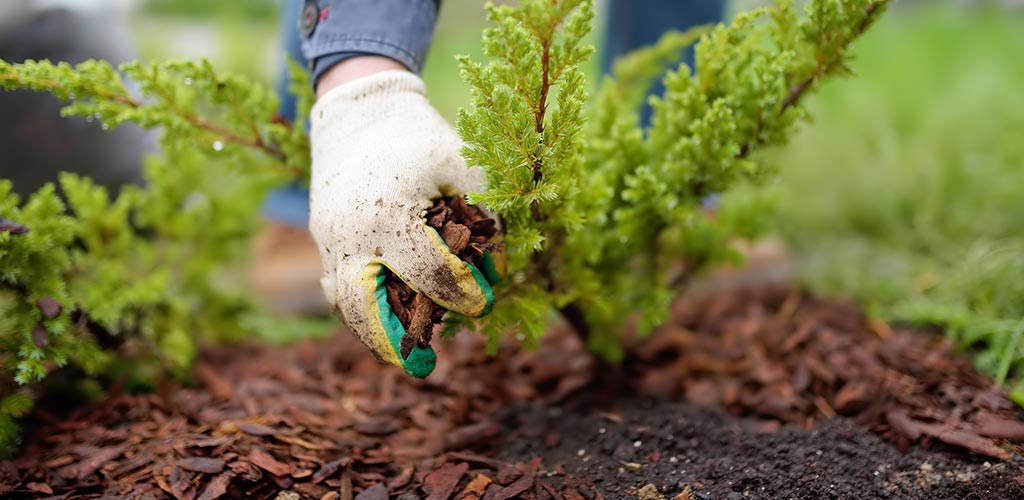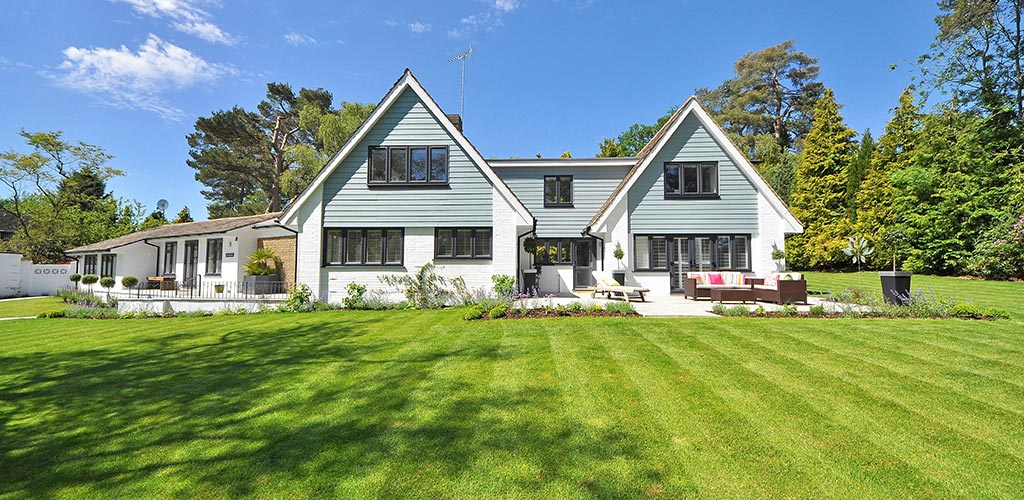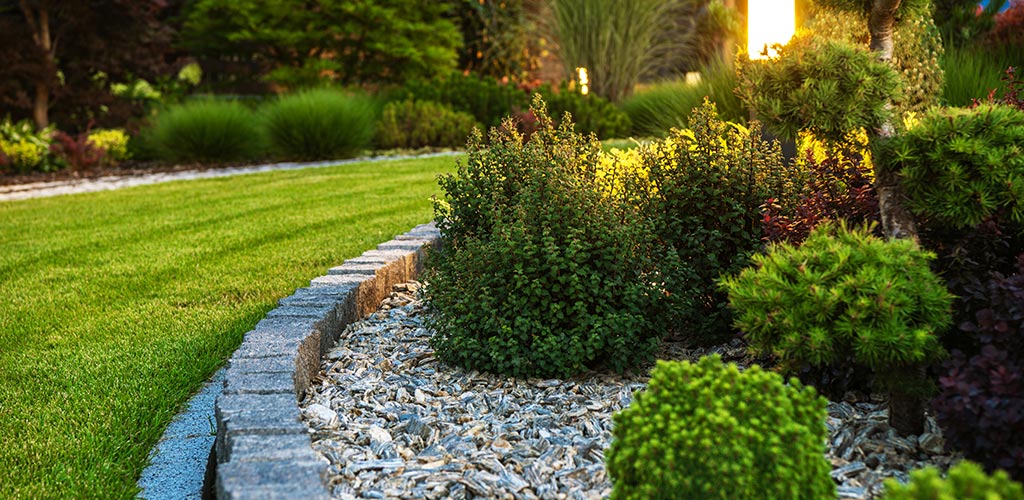As winter arrives in Alabama, it’s time to protect your landscape against the unique challenges of the season. While feet of snow might not be in the forecast, colder temperatures and rainfall still impact your plants and shrubs, so it’s best to protect them with a good layer of mulch in winter. Follow these tips and ensure your outdoor landscape thrives through our southern winters. Your plants will thank you in the spring.
Why Mulching Matters in Alabama Winters
- Temperature Regulation: Alabama winters often bring fluctuations in temperatures. Mulching acts as a natural temperature regulator, offering insulation to plant roots against chilly nights and providing a buffer from daytime temperature swings.
- Moisture Management: Despite a lack of heavy snowfall, the cool air and occasional dry spells can lead to soil dehydration. Mulching aids in moisture retention, preventing water loss through evaporation and ensuring your plants stay hydrated.
- Weed Control in Mild Winters: Mild winters in Alabama can encourage weed growth. Mulch acts as a protective barrier, suppressing weed development and maintaining the aesthetic appeal of your garden.
- Soil Health in Southern Climates: In the South, maintaining soil health is a year-round priority. Mulch contributes to soil enrichment, promoting better structure and fostering a nutrient-rich environment for your plants to thrive.
When to Mulch in Alabama
In Alabama, where snow isn’t a major concern, aim to mulch in late fall or early winter. This timing ensures your landscape receives the full benefits of winter mulching before the coldest temperatures arrive.
Best Mulching Materials for Alabama Winters
Choose mulching materials suited for Alabama’s climate. Opt for natural options like pine straw, bark, or even shredded leaves. These materials break down gradually, enhancing the soil over time and providing effective insulation without compacting the soil.
Pro Tips for Mulching Success
- Strategic Layering: Apply a 2-4 inch layer of mulch across your garden beds, extending to the outer edges of your plants.
- Mindful Placement: Create a gentle well around the base of each plant to prevent moisture-related issues and discourage pests.
- Dry Conditions Application: Mulch when the soil is dry to prevent excess moisture entrapment and potential plant diseases.
When to Hire a Pro
Feeling a bit overwhelmed by the idea of mulching your beds for winter, or just finding it hard to carve out the time for a DIY project? No sweat – we have you covered! At Steven’s Wack-N-Sack, we take the stress out of winter lawn care. Our crews specialize in full-service lawn care and landscaping, and we’re more than happy to jump in. Contact us today for a free consultation. Whether you prefer the ease of professional help or you’re a weekend warrior, making sure your plants and shrubs are cozy through the winter is always a win.



